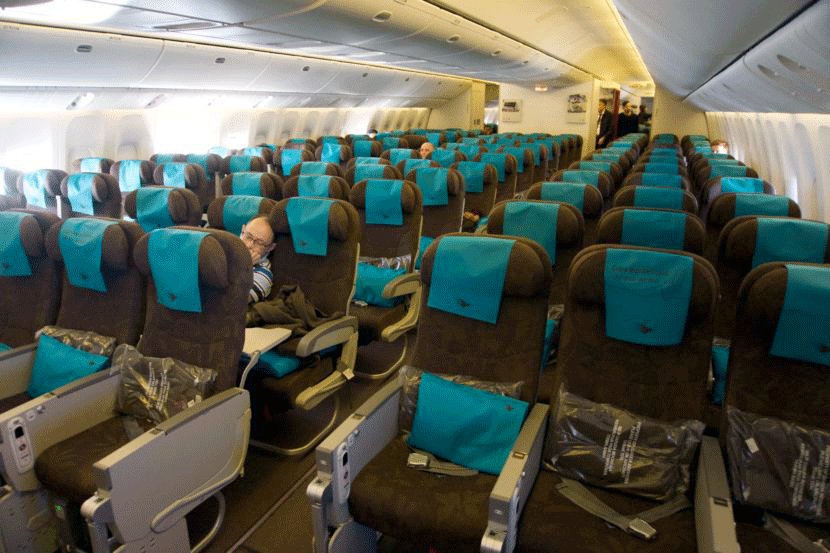Indonesia Seeks Reform for Flagging State Companies
Bailouts and billions, new management as Covid-19 strikes

The Indonesian government is dramatically restructuring dozens of state-owned enterprises, reducing their numbers and replacing graft-ridden commissioners and directors with people from diverse backgrounds from bureaucrats and former anti-graft agency officials to generals from the police and army and injecting billions in the effort to save them.
As Ind…
Keep reading with a 7-day free trial
Subscribe to Asia Sentinel to keep reading this post and get 7 days of free access to the full post archives.
